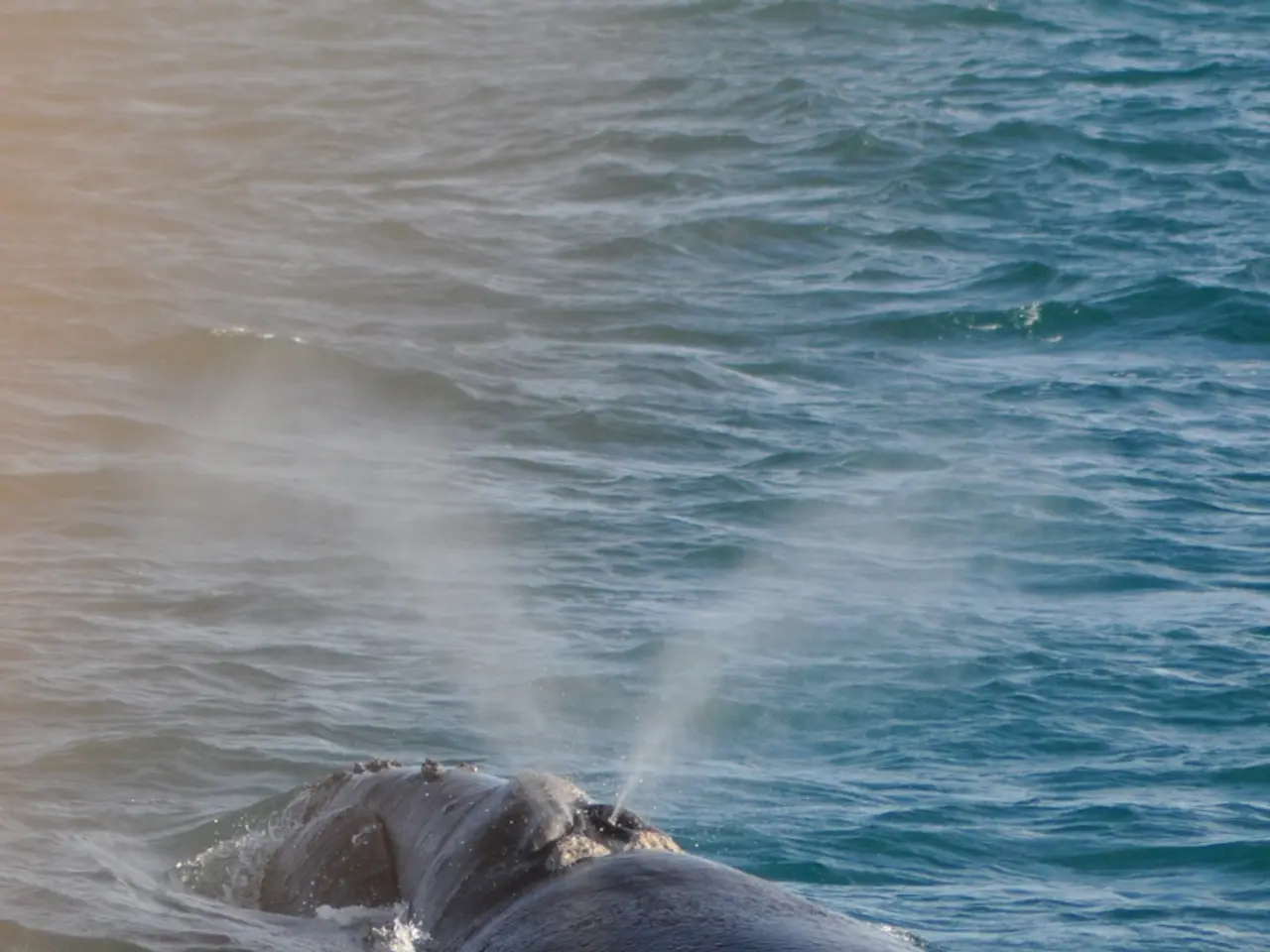Hear from the Shores: Perspectives from the Ocean
The SeaTech program, a unique educational initiative, is bridging the gap between high school education and professional marine science. Established in 2005 by UC San Diego undergraduate Josh Jones, the program offers high school students an opportunity to engage in authentic scientific research related to marine environments.
A Collaborative Approach to Learning
SeaTech's goal was to create opportunities for long-term collaboration with young people, fostering a highly motivated and collaborative environment. The program allows students to work hands-on with real scientific data and technologies, often in collaboration with researchers.
Bioacoustic Research for High School Students
One of the key aspects of SeaTech is the access it provides to real bioacoustic data. Students are given underwater sound recordings collected from the Canadian High Arctic, capturing the vocalizations and presence of marine mammals. They learn to use bioacoustic analysis software and methodologies to interpret these sounds, identifying different marine mammal calls, distinguishing species, and analysing patterns of presence and behaviour.
Through this process, students gain insights into the abundance, diversity, seasonal patterns, and habitat use of marine mammals in a remote, difficult-to-study region like the Canadian High Arctic. This experiential learning approach empowers students to actively contribute to scientific knowledge rather than simply learning from textbooks.
Making a Difference
By involving students in this type of research, SeaTech fosters awareness and interest in marine conservation, especially concerning the impacts of climate change and human activities on sensitive Arctic ecosystems. The program has seen several success stories, with past students co-authoring scientific papers and presenting research at academic conferences and the annual Scripps symposium.
A Successful Partnership
The SeaTech program is a collaboration between Mt. Edgecumbe High School in Sitka, Alaska, and the Whale Acoustics Lab at Scripps Oceanography. The students' research focuses on various topics related to marine mammals, such as the daily acoustic presence of narwhals and beluga whales, the acoustics of bowhead whales, and the impacts of ship traffic on the underwater habitat of Arctic marine mammals.
Two high-achieving Mt. Edgecumbe students who participated in SeaTech have gone on to pursue studies at UC San Diego, while others have been inspired to pursue careers in oceanography. The data used in the program is collected using a Scripps-developed High-frequency Acoustic Recording Package (HARP).
Recently, the SeaTech Arctic Bioacoustics Symposium was held on May 12, attended by a group of Alaskan high school students participating in the program. These students presented new research findings, further demonstrating the impact and value of the SeaTech program.
In summary, the SeaTech program is making a significant difference in the lives of high school students, empowering them to conduct bioacoustic research on marine mammals in the Canadian High Arctic. This experiential learning helps students understand the current state and challenges facing these animals through direct engagement with cutting-edge scientific data and tools.
- The SeaTech program, comprising a unique blend of marine biology and science, aims to provide an educational platform for high school students, fostering a collaboration-focused lifestyle that bridges the gap between classroom learning and professional marine research.
- The program not only serves as an entry point for education-and-self-development in the field of marine science but also encourages students to contribute to scientific knowledge through bioacoustic research, inspiring future careers in the face of pressing marine conservation issues.




